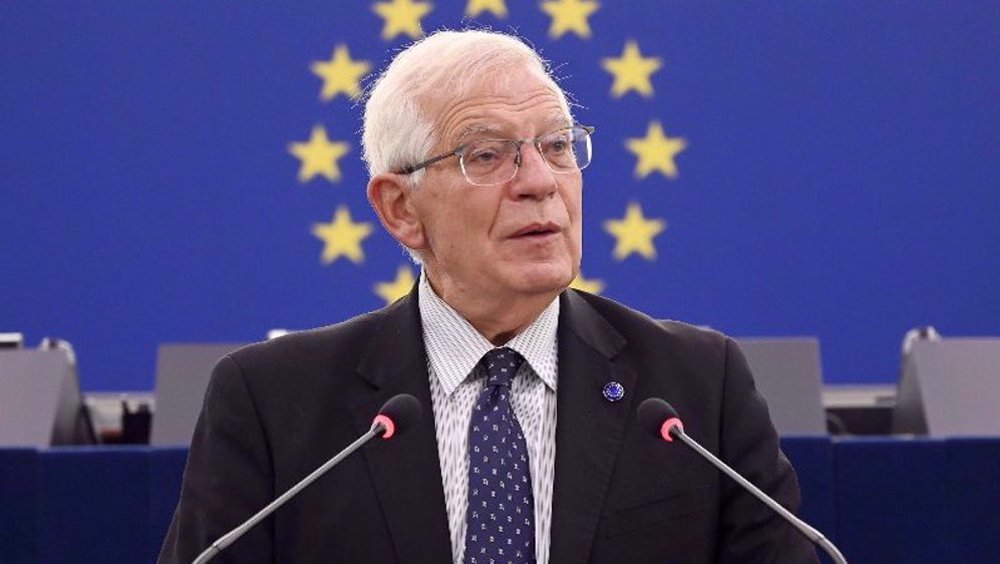Greece has 'basically achieved' goals of reforms: European Commission
Greece has "basically achieved" the goals of the reforms required by its international creditors, European Commission President Jean-Claude Juncker says.
"We are now at the time of the first review of the program (to aid Greece) and the objectives have been basically achieved," Juncker said in an interview published in the German daily Funke Mediengruppe on Sunday.
The Eurogroup, comprised of the 19 eurozone finance ministers, is scheduled to meet in Brussels on Monday to take up the review of reforms in Greece.
Athens hopes that the meeting will unlock the next tranche of its 86-billion-euro (95-billion-dollar) bailout agreed in July 2015.
The rescue package was offered by the European Commission, the European Central Bank (ECB) and the International Monetary Fund (IMF), the troika of Greece’s international lenders.
Juncker also said the ministers will begin “discussions about how to make Greece's debt sustainable in the long term.”
Endorsement of the reforms is necessary before any consideration of Greek debt relief, but despite lengthy talks, Athens’ reforms have yet to win the support of all its creditors mainly because of differences between the EU and the IMF, which has demanded more reforms.

On Saturday, Greek Finance Minister Euclid Tsakalotos called on eurozone countries to approve Greece's reform package of cuts worth 5.4 billion euros (USD 6.1 billion), and to put aside the creditors' call for 3.6 billion euros (USD 4.1 billion) of extra measures.
"Any package in excess of 5.4 billion is bound to be seen by both Greek citizens and economic agents, within and beyond Greece, as socially and economically counter-productive," he wrote in a letter to the Eurogroup.
"There is no way such a package could pass the present government, or, for that matter, any democratic government that I could envisage," Tsakalotos stated.
The Greek minister also pointed to the expected Sunday vote in the Greek parliament on an overhaul in tax and pensions.
"The reform on pensions, currently in parliament, addresses in a radical way the sustainability of the system over the long run," Tsakalotos said.
People in Greece held a 48-hour general strike on May 6-7 to protest against the government-proposed legislation.
The proposed set of laws aims at raising social security contributions, increasing income taxes for high earners, and introducing a new national pension.
Greece has already received two bailouts in 2010 and 2012, worth a total of 240 billion euros (USD 272 billion).
An economic crisis hit the country back in 2009. Since then, Greece has witnessed a high unemployment rate and numerous protests.
US senator threatens military action against ICC over Netanyahu indictment
Iran: ICC indictment of Netanyahu should have included 'genocide'
VIDEO | IAEA anti-Iran resolution
Iran urges pope to help end Israeli onslaught in Gaza
VIDEO | ICC's warrant against Netanyahu
VIDEO | Dispute over 'self-defense' clause
Israel destroys 8-story residential building in missile strike in Beirut
Nov. 22: ‘Axis of Resistance’ operations against Israeli occupation














 This makes it easy to access the Press TV website
This makes it easy to access the Press TV website